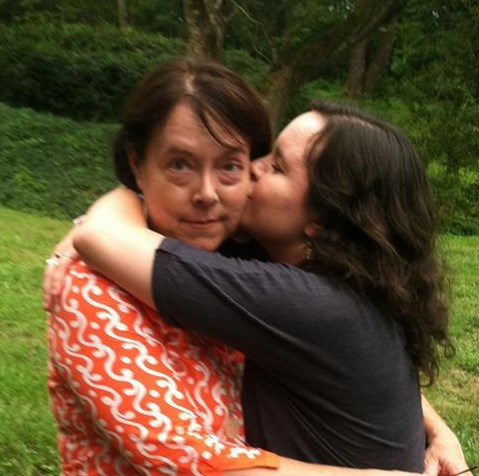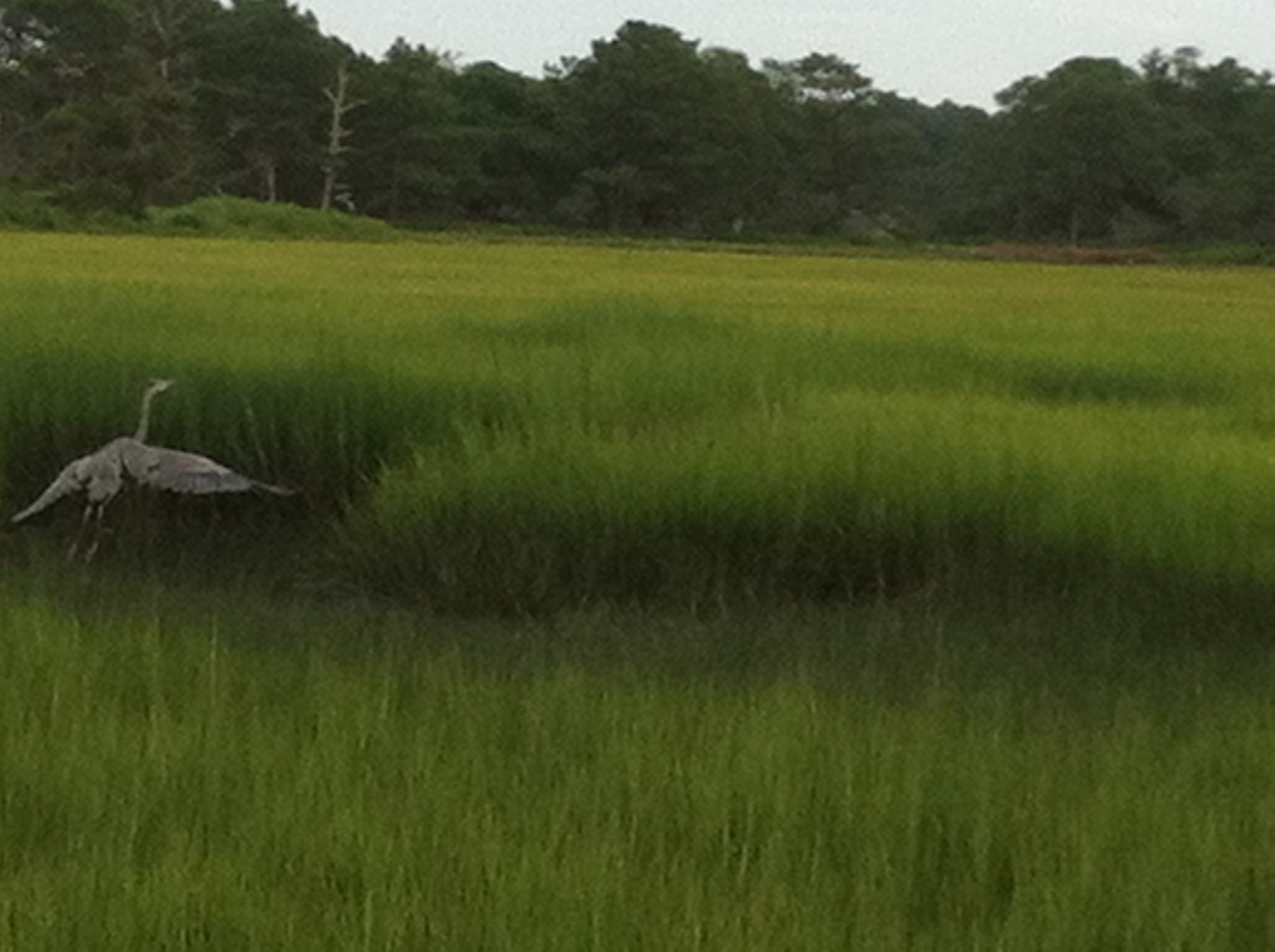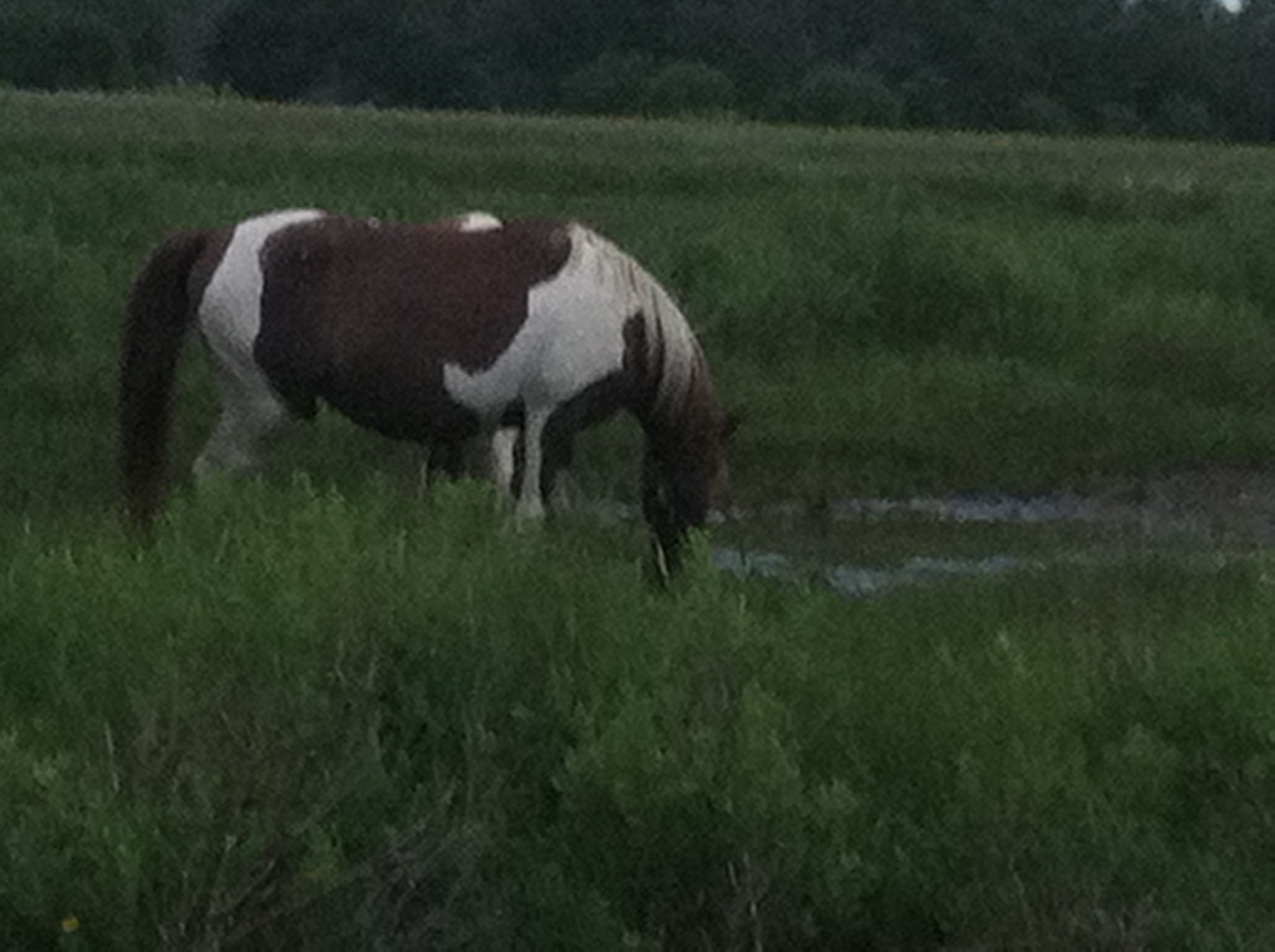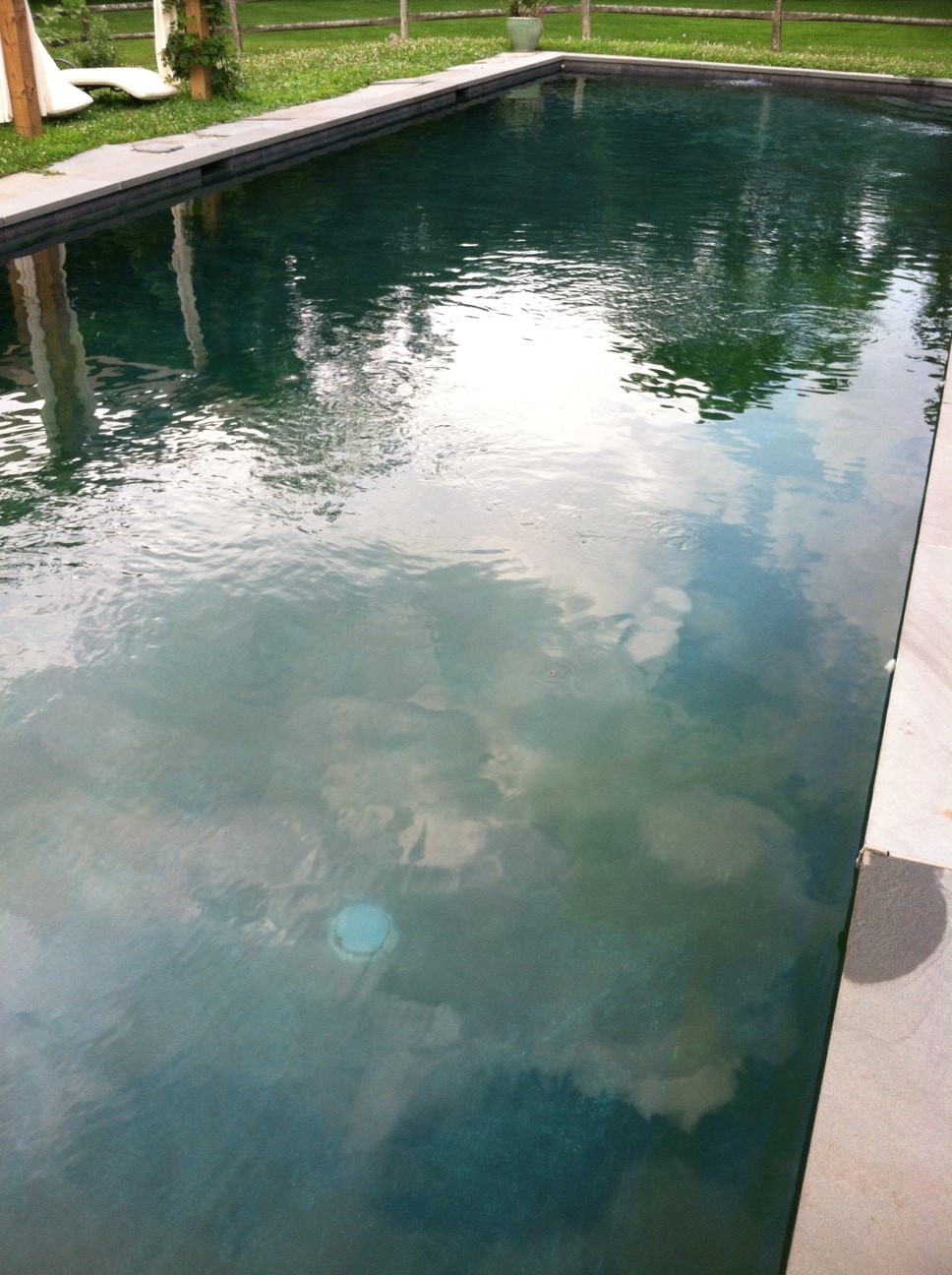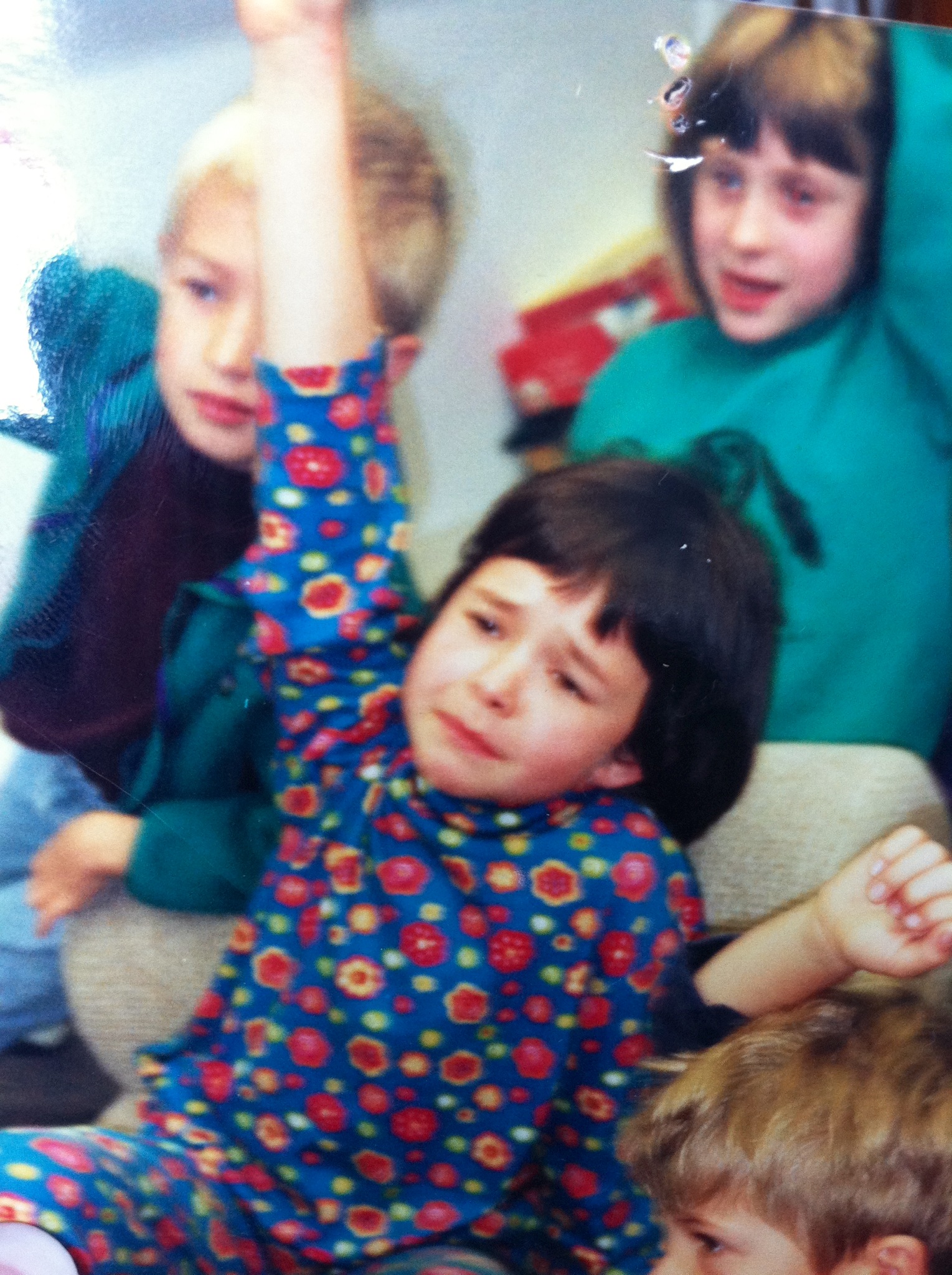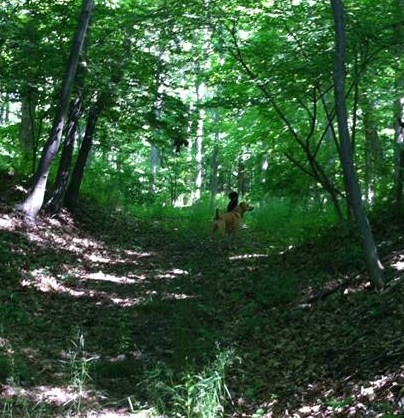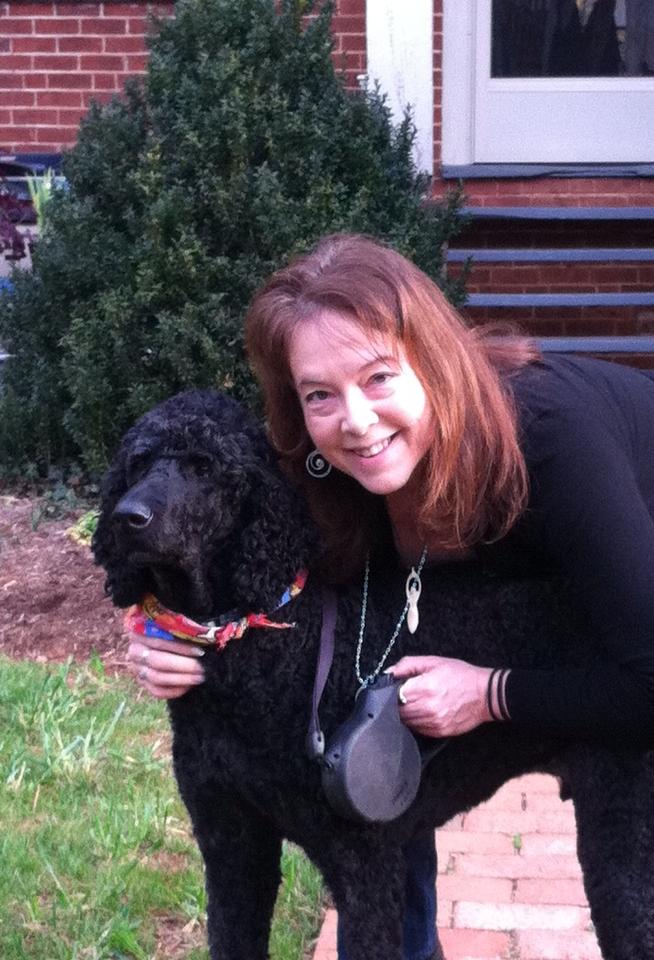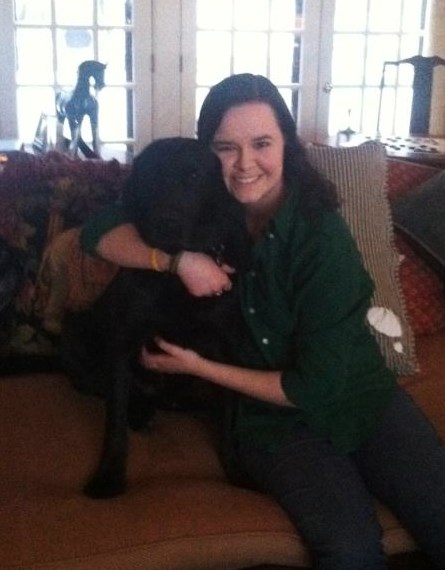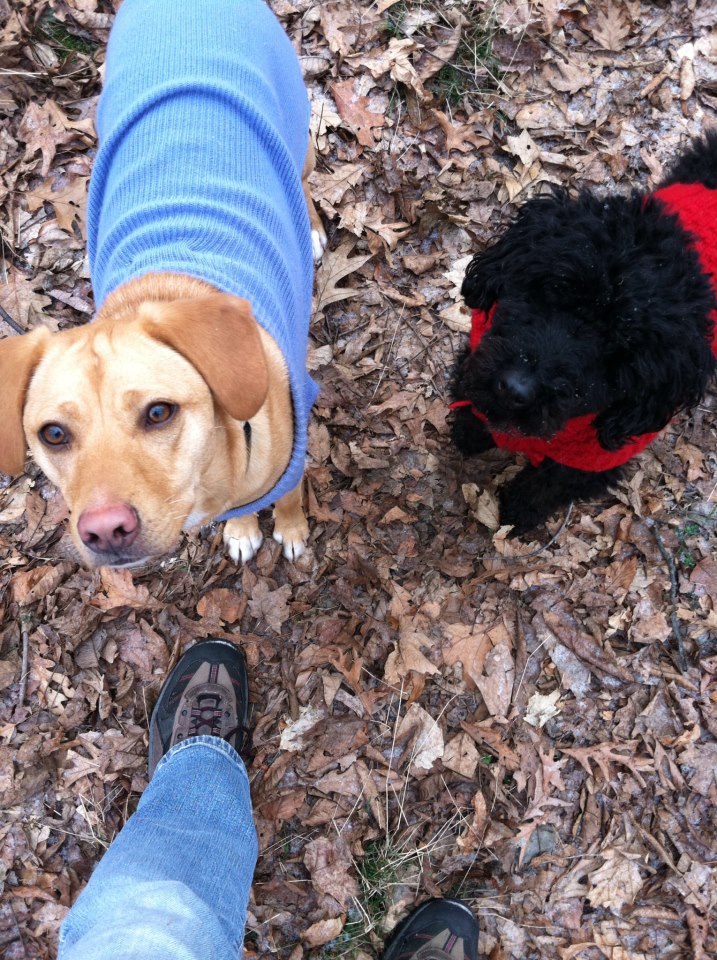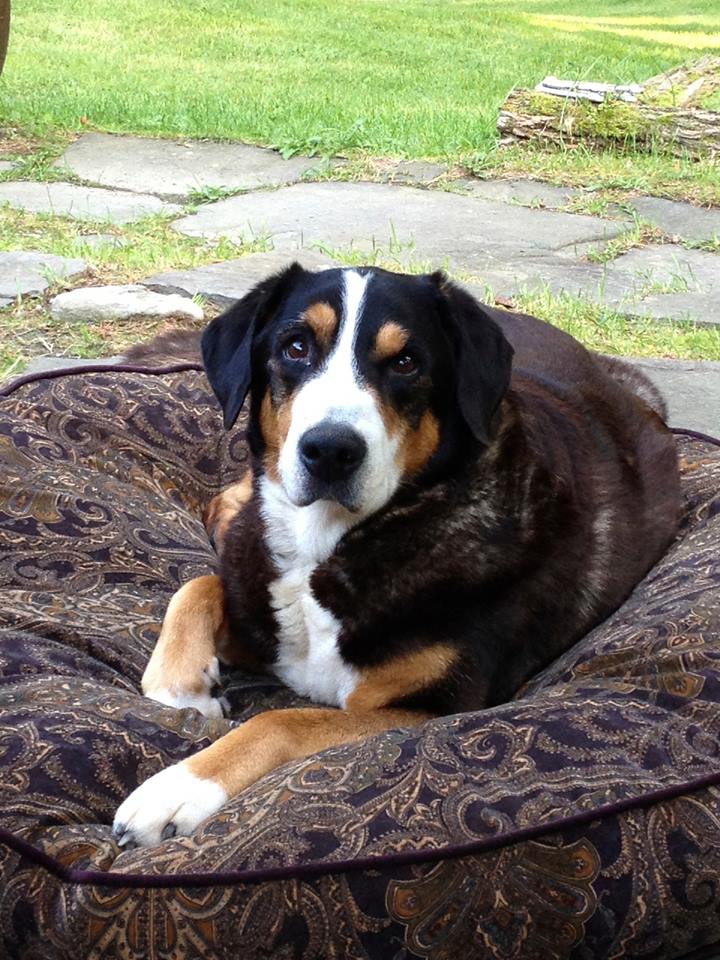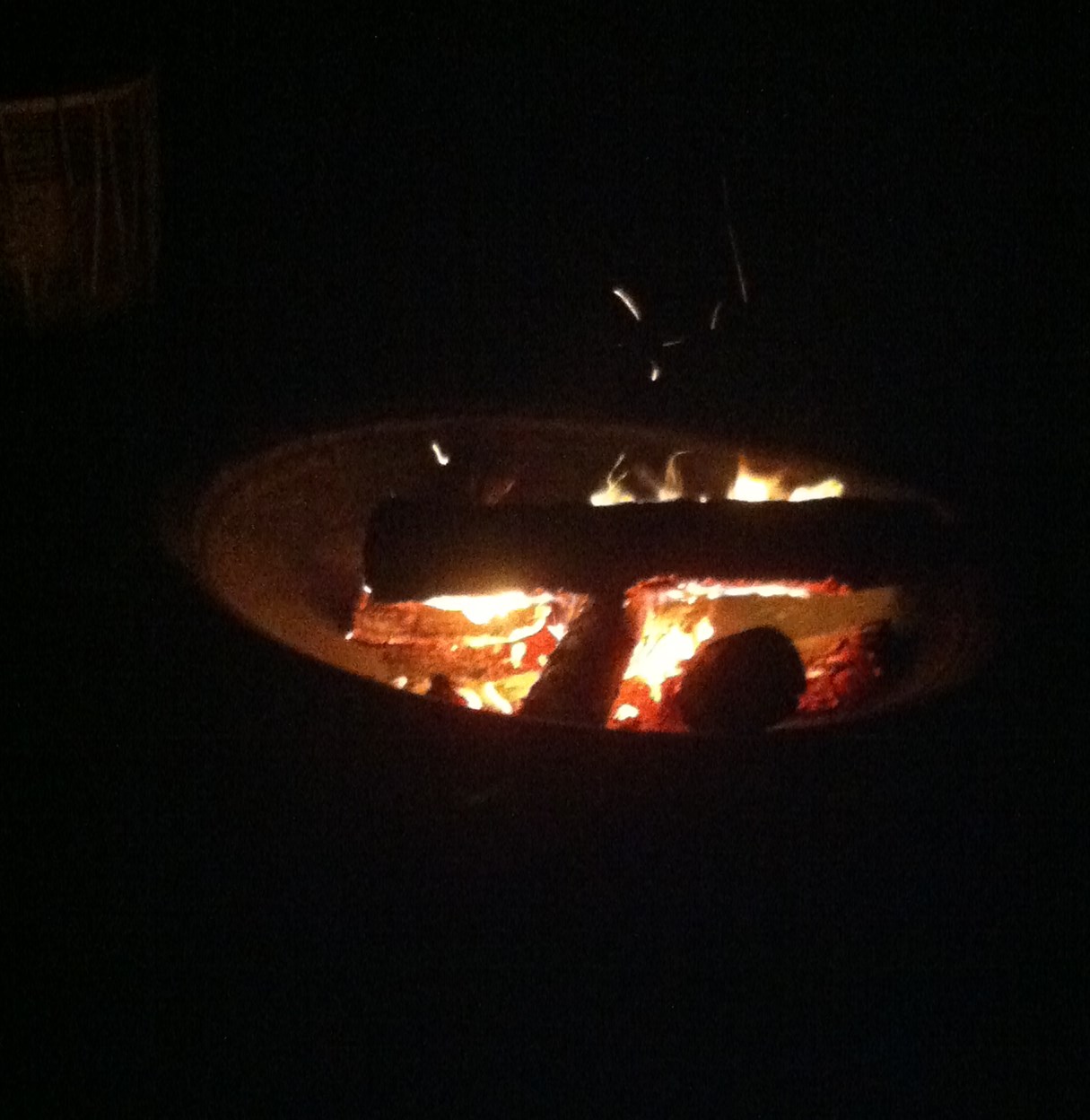I’m up at 2 a.m. Exhausted after a gratifying day of hauling suitcases and boxes from two cars into my daughter’s brand new on-campus apartment as she begins her junior year at college. But I can’t sleep. The coffee I drank at 8 p.m. so I could stay awake on the highway is doing its job all too well. The highway is far behind me but the coffee is the gift that keeps on giving.
Instead of lying in bed cursing the goddess of caffeine, I will use this gift of time. Moments stolen from the 24 hours of a typical day. Moments when I can do something for me.
The day was beautiful and mostly about her, my daughter. It was about her and that is as it should be. It was also about us and the bond we are so lucky to share. A joyful day full of simple expressions of love. Unpacking, talking, planning, laughing.
But for me it was also a strange anniversary, and I cannot help remembering last year at this time and how different it all was. When I dropped her off on Labor Day weekend 2012, I was in the middle of a serious upheaval and only a few weeks away from the start of a huge adventure of my own. I had taken a leave of absence from my job, and was setting out to learn how I fit into the new world I had made. A world where I was no longer married, and, for a year at least, no longer a teacher. A world full of an unknown, untested passion and new love. A business I was going to try to support myself with. I was leaving literally everything I knew behind me for things all new.
That move-in day was a normal, if exciting, stepping stone in the life of my second born who was also creating her own world and her place in it. I was painfully aware that my pursuit of a life different from the one she had always known me to live was an excruciating upheaval for her and she was scared, angry, and sad. And yet she, too, was venturing out. She wanted me to stay in place, and be there, familiar and close. But it was not to be.
As full as I am of the mother-urge and as natural as that role has always been for me, the last year of my life has taken me deep inside myself. Truly an epic journey into what I needed, wanted, craved, and even feared. I never forgot my children, gave up my responsibility to them or altered so much as a molecule of my love for them, but I let myself sit in the front row of my own life for the first time, maybe ever.
My children (my college age daughter plus my son who lives in Vermont), adults now themselves, faced a world in which the mother was, for once, distracted by a life of her own. Tumult and change, divorce and distance, love and sorrow, anguish and renewal. Do our children automatically believe these to be the provenance of the young? Certainly having the truth—that there is no age limit on… well, anything, really—smack them upside the head is a cold splash of water for kids cradled in a world eternally made safe and warm for them.
Today’s college return was much less fraught than last year’s. Last year our goodbye had many faultlines of uncertainty. When would we see each other again? Instead of my being within a car ride for a lunch date or a visit home, I would be over a thousand miles away. My daughter felt abandoned. As much as I was compelled from within to do this thing, I also felt very sad, and very guilty. Mama was being unpredictable. Mama was taking chances. Mama was adventuring. What was happening to the predictable world?
We expect our children to be unpredictable, take chances, adventure. When my son ventured off to Rome or to ski in the Alps with people we barely knew, we were simply excited for him. Thrilled that he could experience such a thing. When my daughter threw herself into a first love that ended in agonizing hurt, I ached for her all the time knowing that, hoping that, she would heal. As much as I bite my proverbial fingernails at the crazy uncertainty of their lives, I know it to be right and suitable and healthy.
But it was (and I understand this) very difficult for my children to see me veering off the path I had been on so long. Reinventing myself and the future that might be out there for me. Throwing caution to the winds and trusting the universe—just as they do. Trusting life to give me what I need, whether joy, suffering, or simply a lesson to be learned.
I wish I could say that all my risks paid off. That my leap of faith was justified by a joyful happy ending. But no. In crucial ways, I crashed and burned. Yeah, pretty much. The balloon of hope pricked by the needle of harsh truth. A big fat lot of harsh truth.
My business was a gratifyingly successful endeavor, considering it was just the first year. But in the realm of the heart, I was, at least temporarily, road kill.
But you know, I can only hope that the lesson for my children is not: “Oh, well, of course it ended badly. Whenever a woman her age stirs the pot or tries something so unexpected, it is bound to fail. It’s good she’s back and come to her senses.”
Because I have not come to my senses. Not a bit. I am devoted to my choices and the path I am standing on right this minute, tonight, in the black hours before dawn, caffeine coursing through my system. I have learned more in a year about me, them, life, love, art, courage, pain, beginnings, endings, failure, success, attachment, clarity, heartbreak, independence, fear, passion, forgiveness, trust, anger, and humility than I had learned in the twenty preceding years. Though I have regrets, I regret nothing.
I want my children to love me because of—and in spite of—the fact that I had the guts to blow up my life (and, to an extent, theirs) and reconfigure it in a way that seems much more like life. They did know, have known, still know and know again that no matter what happens, they are the golden threads that tie my heart to this lifetime of mine. Nothing can come between me and them—not even me. Not even them. But they live for them. I live for me and them. “Don’t forget me,” my learning reminds me.
So today was a beautiful day. A young woman stirs herself back into the rich syrup that is college life. I return to the ongoing journey that is an examined life. I miss her. And then there’s me.
